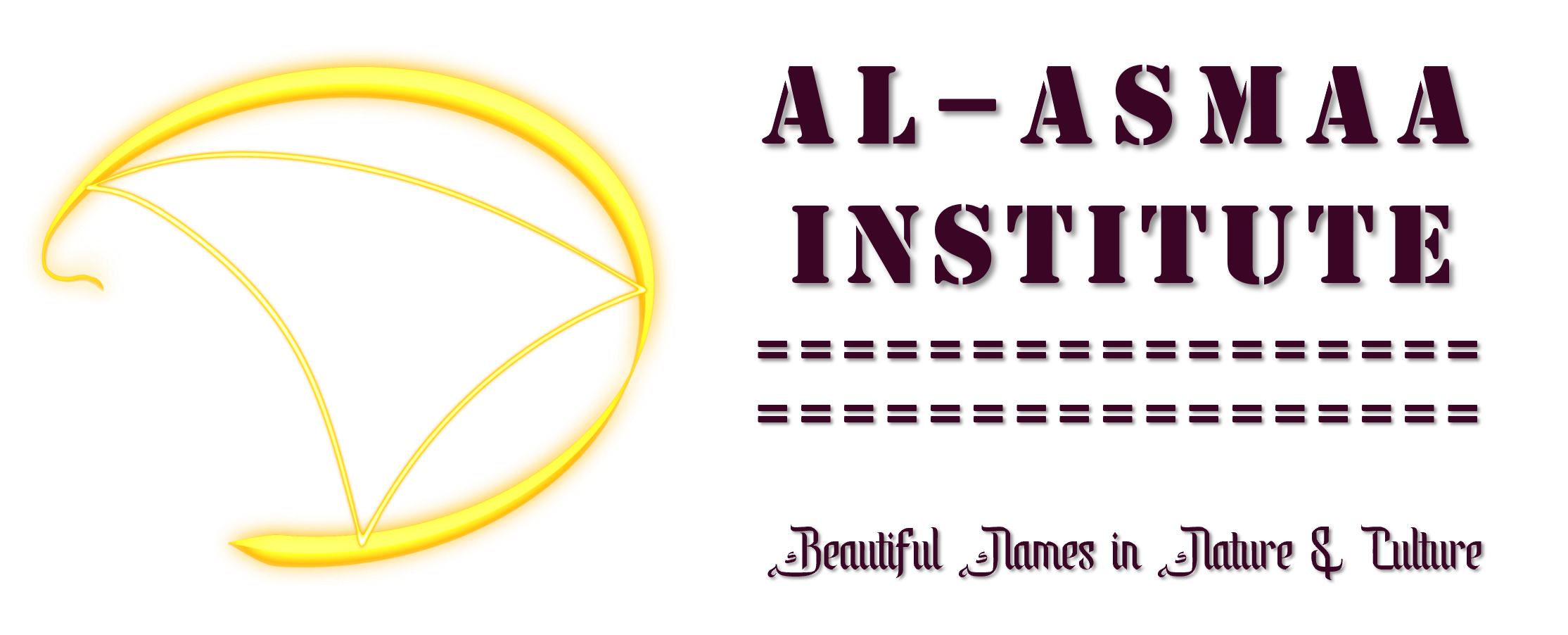Our courses are designed:
- to develop in you a thorough conception of Allah and His Last Messenger (ﷺ),
- through thematic readings of their Beautiful Names,
- to help you sharpen, deepen, and broaden your identity.
0
Upcoming Session
Saturday, November 30,
10 AM - 7 PM (PST)
Sunday, December 1,
10 AM - 4 PM (PST)
The God with Many Names:
Need for a Modern Re-Introduction to the God of the Last Prophet (ﷺ)
This workshop will introduce you to the significance of the Beautiful Names of Allah from a vantage point that has been in the blind spot of mainstream scholarship for at least two centuries. It will then establish the need for this perspective and identify the unique calling of the young Muslim scientists and thinkers in shaa Allah. It hopes to establish what is unique about this program so that you can make an informed decision whether you would like to invest time, money, and attention in future courses.
- Prerequisite: Registration
- Duration: 15 hours spread over 2 days
- Price: 2000 PKR
The Material Signs
In our everyday religious discourse, the material world is often brought in opposition to the spiritual world, the life of this world (dunya) in opposition to the life hereafter (aakhirah), the body in opposition to the soul, and matter in opposition to spirit. These distinctions are essential to establish a distinct religious-intellectual identity in the 21st century. At the end of the day, however, these divisions have obscured our vision that Allah is the Creator, Lord, and the Sustainer of all universes. As such, the material earthly realm is as dignified and deserves and demands as much reverence and attention of the believers as the spiritual heavenly realm.
This is the first course offered by Al-Asmaa Institute. Our goal is to find the Beautiful Names of Allah in the material universe by seeing it through the lens of the fascinating world of classical Arabic. In this course, we will study fifteen Beautiful Names that are mentioned in the last rukuʿ of Surat al-Hashr.
After this course, I expect the participants to have caught profound glimpses of Allah's Majesty in relation to the magnificent material universe. Secondly, it should also awaken the curiosity within them as to the general methodology, framework, and most importantly, the mindset underpinning these lessons. If it doesn't, well then, the lessons they learn in this course will probably prove to be of very limited benefit.
- Prerequisite: The God with Many Names
- Duration: Six months
- Available Seats: 98
- Price:
- Installments: 11,000 PKR per 2 months (33,000 PKR) or
- Upfront: 30,000 PKR (save 3000 PKR)
The Blessed Arab (ﷺ)
Parallel to the material / spiritual divide, we have the Islam / Culture divide in our everyday religious discourse, especially among educated lay Muslims. This division emerged in aversion to certain cultural practices prevalent in the uneducated masses in Muslim-majority countries. As before, this distinction is essential in preserving certain integral elements of the Islamic tradition. However, in the grand scheme of things, this division has obscured our vision of how Islam historically interacted with indigenous Arab culture in whose heart it took root. There is no doubt that the Arab culture posed formidable resistance to the kind of community Islam wanted to produce, but it also played a positively indispensable role in the survival and growth of Islam as a spirit of reform in Arabia and beyond.
As a follow-up to The Material Signs course, where we study Beautiful Names of Allah, we will study selected names of the Last Prophet (ﷺ) along the same lines. The goal is to explore culturally grounded meanings of the names of the Prophet (ﷺ) so that we can catch glimpses of a more mature understanding of his personality in shaa Allah.
- Prerequisite: The Material Signs
- Duration: Six months
- Available Seats: 98
- Price:
- Installments: 11,000 PKR per 2 months (33,000 PKR) or
- Upfront: 30,000 PKR (save 3000 PKR)



Cultivating a Prophetic Identity
If you satisfy the pre-requisite for this course, you have our sincere congratulations. In this course, we will undergo a systematic, rigorous (re-)reading of the Seerah of the Blessed Prophet (ﷺ) filtered through selected names and understand the meaning, significance, and implications of being his ummati.
Details regarding the course will be shared only with those participants who have passed The Blessed Arab (ﷺ) course and fulfill certain additional requirements.
m
n
The Julaybeeb's Prayer
This is the pinnacle and culmination of your studies at Al-Asmaa Institute. In this course, we will undergo a really dense relational reading of the ninety-nine Beautiful Names of Allah in the form of a prayer imitating an authentic Prophetic prayer.
So that you know, details about the course will be shared only with those participants who have passed the Cultivating a Prophetic Identity course and fulfill some additional requirements.

